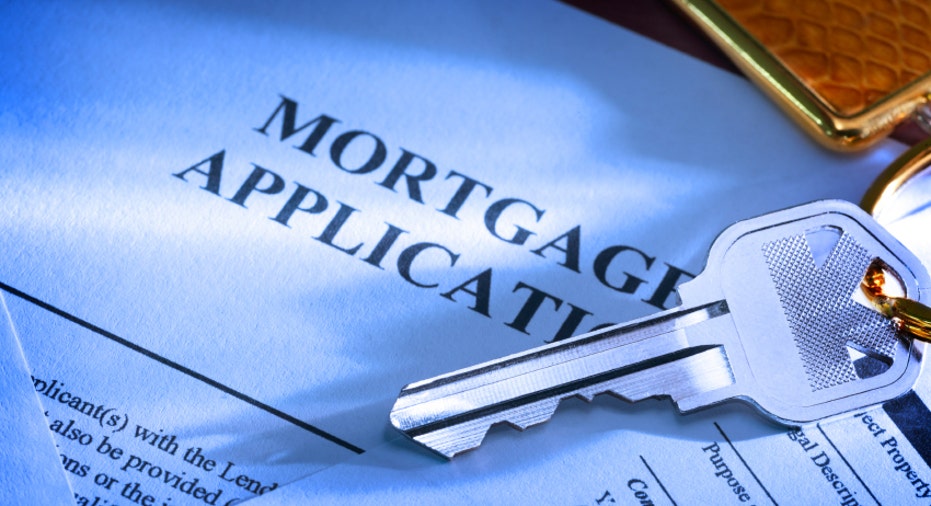Is it Hard to Get a Mortgage these Days?

Potential homebuyers and refinancers often hear mortgage lending standards are too tight -- that it's hard to qualify for a mortgage without perfect credit. But how hard is it, really, to get a mortgage these days?
It depends on whom you ask and what you mean, exactly, when you ask it.
Compare Mortgage Rates in Your Area
"If someone is saying that it's harder to get a mortgage today than it was at the height of the boom -- when there was no income documentation requirement -- yes, of course it's harder to get a mortgage today than it was at the height of the insanity," says Bob Walters, chief economist at Quicken Loans.
But there's a perception that it's "extraordinarily difficult" to get a mortgage when in reality, borrowers have no problem getting one when they have stable incomes, some equity or down payment, and decent credit scores, Walters says.
So why is there a perception that it's so difficult to get a loan?
Borrowers have to jump through more hoops to get a loan these days, says Pava Leyrer, president of Heritage National Mortgage in Grandville, Mich.
"The scrutiny that goes into a mortgage now is much tighter," she says. "There are great-credit borrowers that are having to jump hoops, and it's a matter of how many hoops and whether or not the underwriter lights them on fire or not."
One common hurdle homebuyers face when getting a loan is when lenders question "unusual" deposits in their accounts. A mere transfer from the borrower's savings to checking account or a cash gift from Grandma can be viewed as a red flag by the lender, Leyrer says. That's especially true for loans backed by the Federal Housing Administration, or FHA loans.
Unless it's a direct deposit from your employer, lenders generally want you to show the source of any large deposits to ensure you are not relying solely on gifts or borrowed money to qualify for the loan.
What is considered a large deposit? It depends on your income, but some requests are laughable, says Leyrer, whose client recently had to prove that the $500 gift his grandfather deposited into his account really came from his grandfather.
"It's interesting how things are being done now," she says.
There's no question borrowers have to provide more documentation these days. While the tight documentation requirements can be a hassle, they don't necessarily prevent the borrower from qualifying for a loan, says Jim Sahnger, a mortgage originator for FBC Mortgage in Jupiter, Fla.
"It really boils down to more of an inconvenience, as opposed to something you can't get done," he says.
A mortgage without a 740 credit score?
Many homeowners and potential buyers think they need to have pristine credit to get a mortgage and often don't apply for a refinance or a purchase loan because they fear their application will be rejected, Walters says.
While the best mortgage rates usually go to borrowers with FICO credit scores of 740 or higher, borrowers can qualify with lower scores.
Borrowers generally can get conventional loans with FICO scores of 680 and 5% down, Walters says. Those with lower credit scores normally have to apply for FHA loans. Some lenders offer FHA loans for borrowers with scores of 620 and down payments of 3.5%, but others have stricter requirements.
A borrower with a score lower than 620 faces a bigger challenge and must have a higher down payment, even for an FHA loan. Less than 10% of first-time homebuyers who got a mortgage in 2012 had credit scores lower than 620, according to a recent analysis by the Federal Reserve Bank of New York Consumer Credit Panel.
Whatever your score is, if you are planning to get a mortgage in the near future, plan ahead and don't simply assume you don't qualify for a loan, Leyrer says.
"If someone pays attention to their credit, their debt versus credit, and if they plan properly they can get a loan done," she says. "Most people don't prepare enough. It really pays to now be prepared and know your circumstances."
Copyright 2013, Bankrate Inc.



















